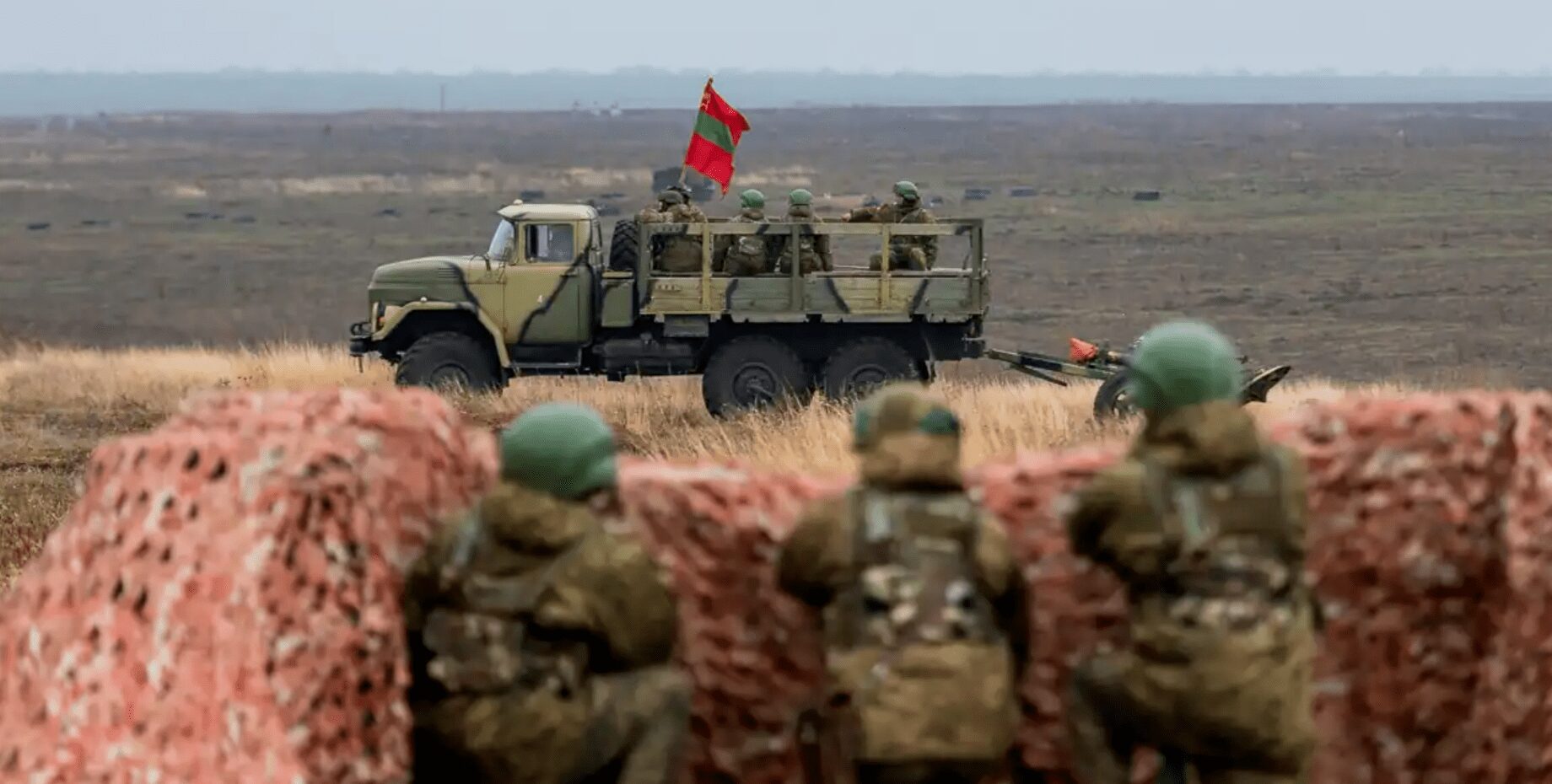The so-called Russian peacekeepers in Russia-occupied Moldovan Transnistria are serving in extremely horrible conditions. Despite this, they are desperately holding on to their seats because they are afraid of going to Russia and then being sent to war in Ukraine.
At present, decadent moods are spreading among the Russian contingent in Transnistria. This was reported by OBOZREVATEL sources in the security sector.
The so-called “operational group of Russian troops” in occupied Transnistria currently has about 1,500 employees. About 120 of them have Russian citizenship. In addition to seconded Russian military personnel, some of the occupiers’ local henchmen who have taken up residence in the OGRU also received Russian passports.
Our sources state that most Russians who served in Transnistria have long since returned to Russia. However, the group commander and his deputies still remain in the occupied region of Moldova. They live with their families in Rybnytsia.
Nowadays, decadent moods are spreading in the ranks of the Russian troops in Transnistria. As the occupiers with Russian passports themselves admit, the reason for this is that everyone “understands where things are going.”
However, all of them are holding on to their places because they are afraid of returning home and being caught up in the war in Ukraine. Few of the occupants doubt that they will quickly face exactly this development of events upon arrival in Russia.
Even terrible working conditions do not encourage Russians to return to Russia. The occupiers are sorely lacking personnel. Even the local population is not satisfied with the working conditions, so recruiting new employees is extremely difficult.
The staff shortage meant that until recently, paramilitary guards at Kovbasna’s warehouses were on duty in a 4×8 schedule: each employee had to work two shifts of four hours each with two eight-hour breaks. Now the mode has been changed to 4×4, and for some shifts the interval between four-hour shifts has been reduced to two hours.
There is more work for the occupiers, but they are paid less. The salaries they used to receive were reduced. Cash payments have also been canceled: instead, employees are offered to use cards of the Russian payment system Mir, which is extremely limited in Transnistria and does not officially work in Moldova.
The only way out for the occupiers is to use the services of cashing out their cards, where they lose 2.5 to 3% of the amount.
Our sources also reported that all the small arms from the warehouses in Kovbasna have been taken out in the direction of Tiraspol. На складах досі залишається близько 18-20 тисяч тонн боєприпасів, переважно часів Другої світової війни. The shelf life of this ammunition has long since expired, and it is in a terrible condition due to violations of storage standards.
The situation with the military equipment concentrated in Kovbasna is no better: it is mostly unusable due to improper storage conditions and lack of proper maintenance.


Leave a Reply